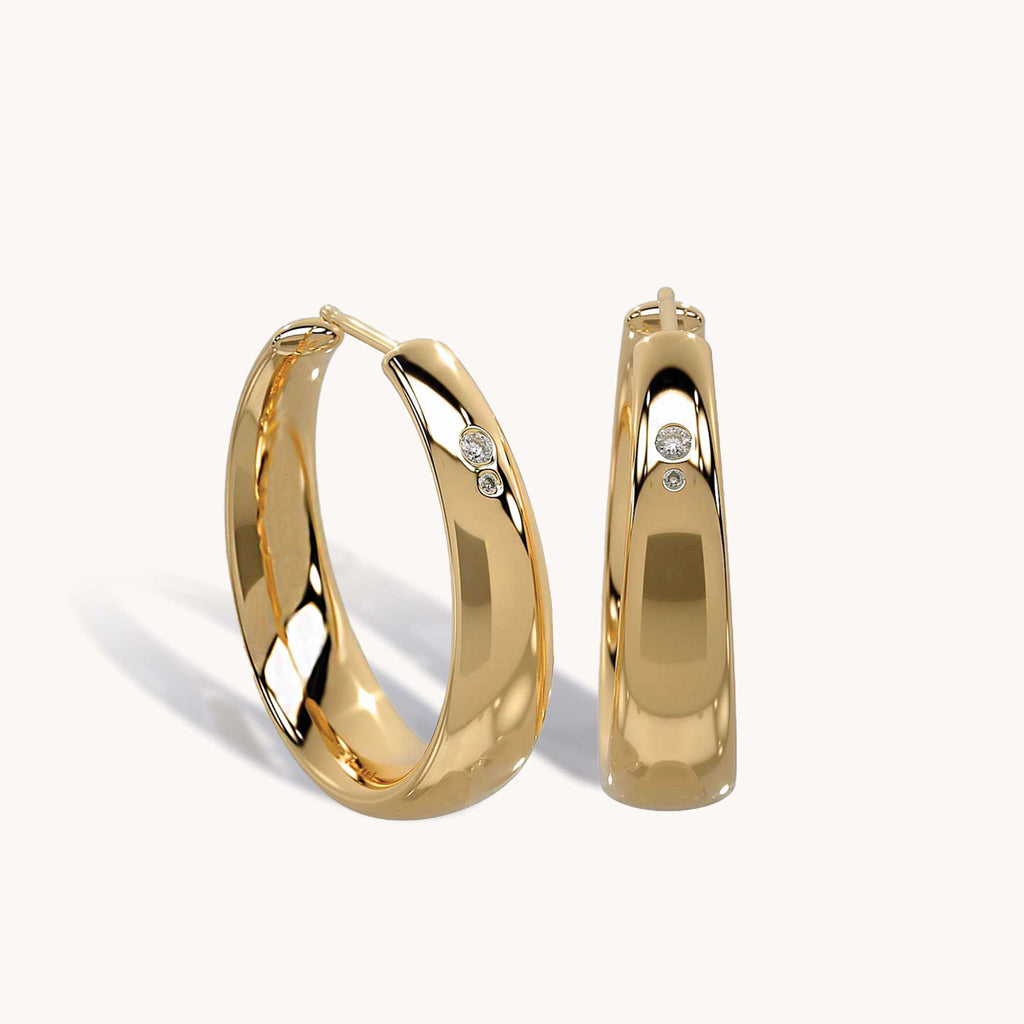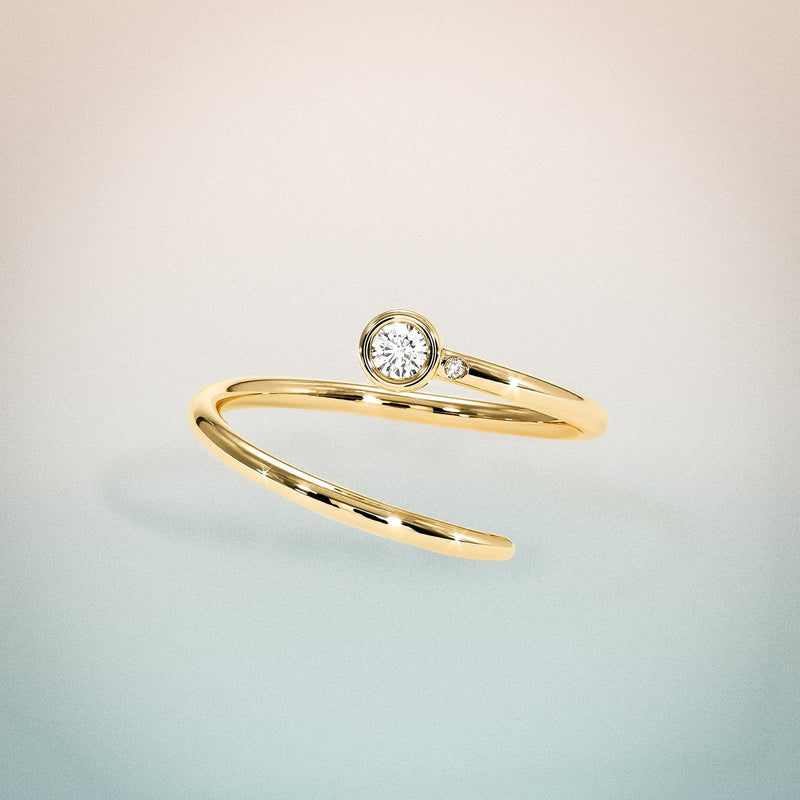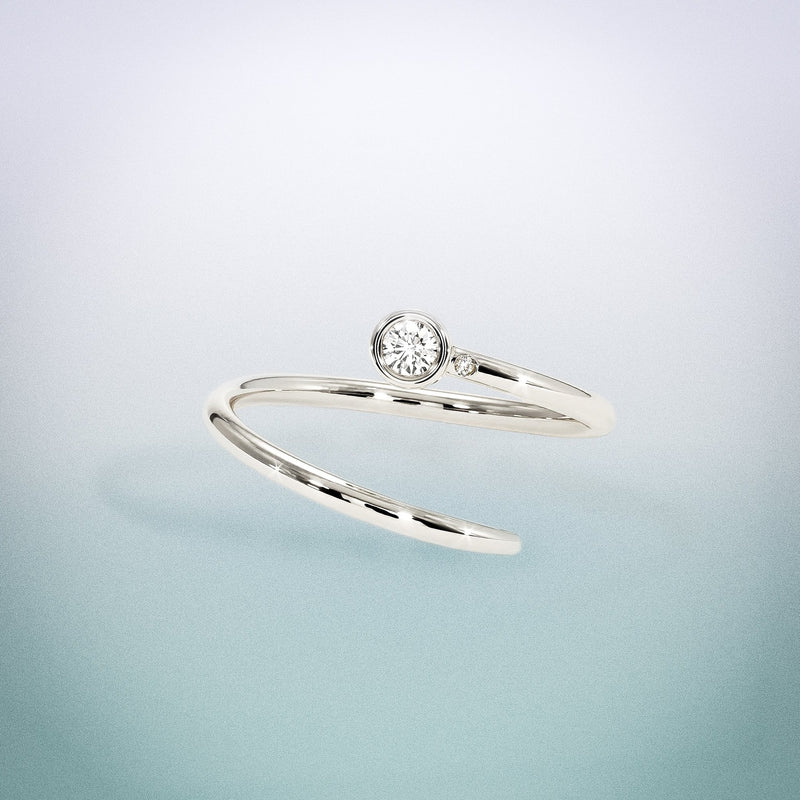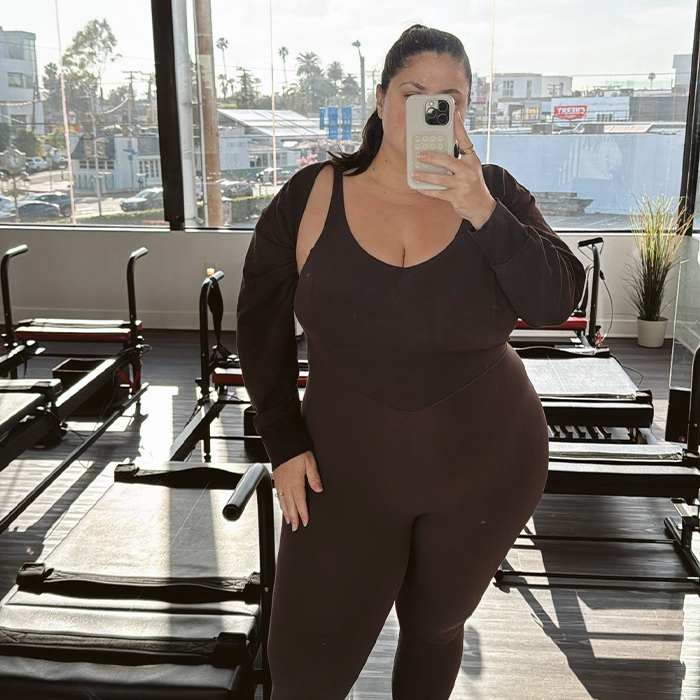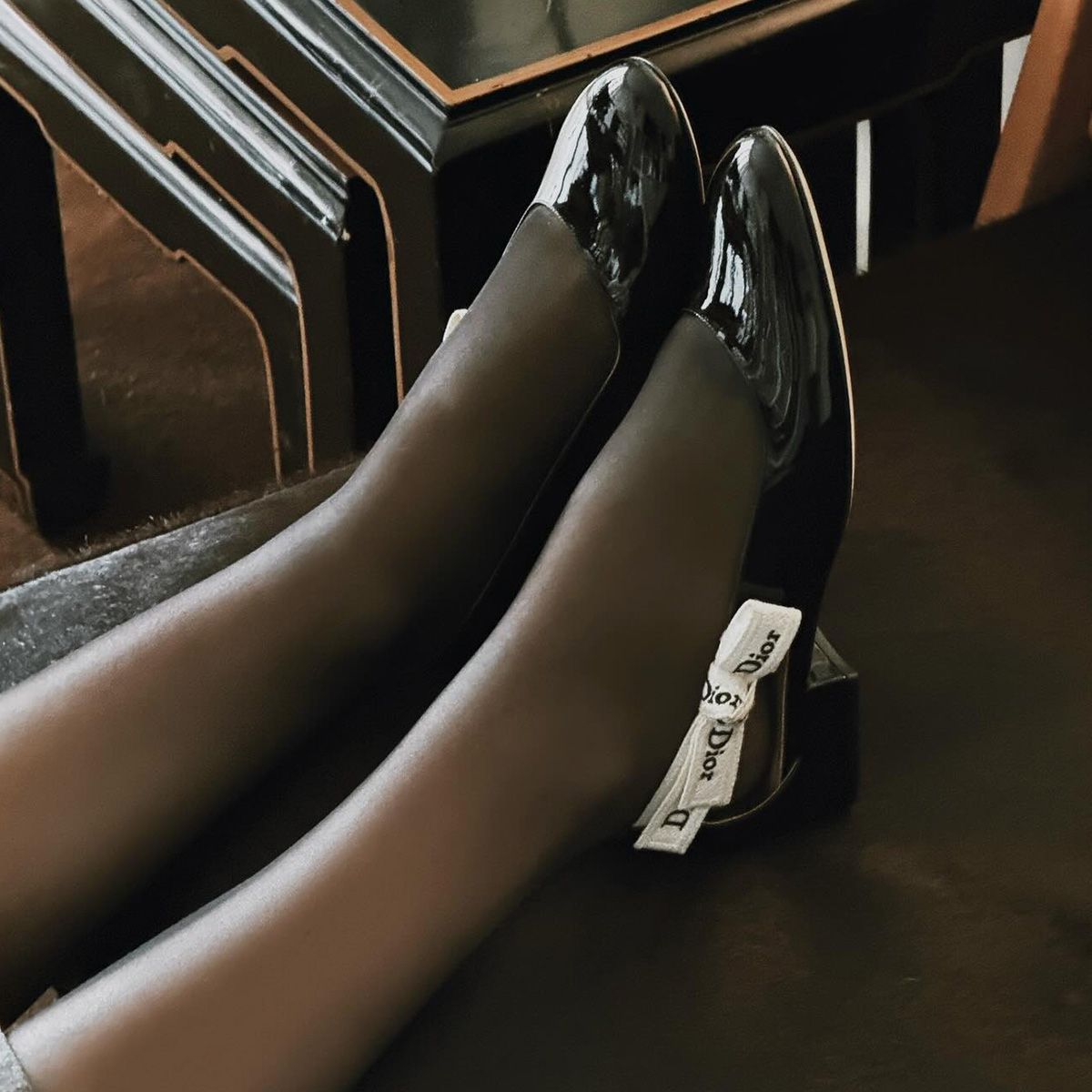Shiffon's Shilpa Yarlagadda Shares the Truth Behind Ethics in Fine Jewelry
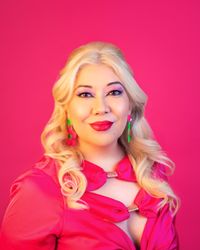
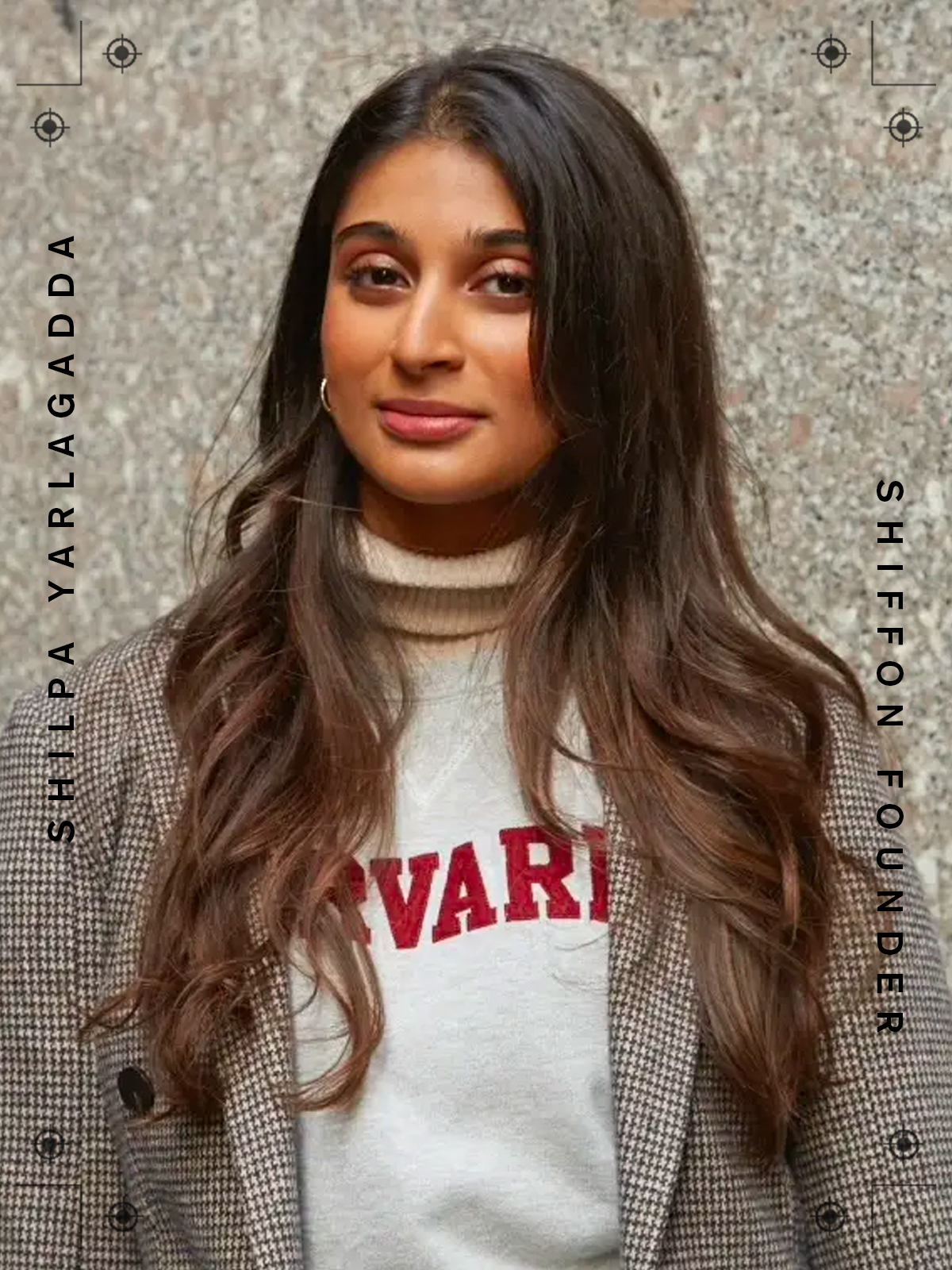
Welcome to our podcast, Who What Wear With Hillary Kerr. Think of it as your direct line to the designers, stylists, beauty experts, editors, and tastemakers who are shaping the fashion-and-beauty world. Subscribe to Who What Wear With Hillary Kerr on Apple Podcasts and Spotify.
Jewelry is an important part of Shilpa Yarlagadda's Indian culture, and it's especially meaningful in her family, so it was only natural that she got into the jewelry business. But when the 24-year-old Harvard senior first began working on her fine jewelry brand, Shiffon, she didn't see many women in the industry, especially young women. This was also something she noticed growing up in Silicon Valley. Many startups didn't have women founders, entrepreneurs, and venture capitalists. This struck a chord with Yarlagadda. A huge part of her work involves boosting other women and supporting female founders through the symbolism behind her pieces and the brand's nonprofit organization, the Startup Girl Foundation.
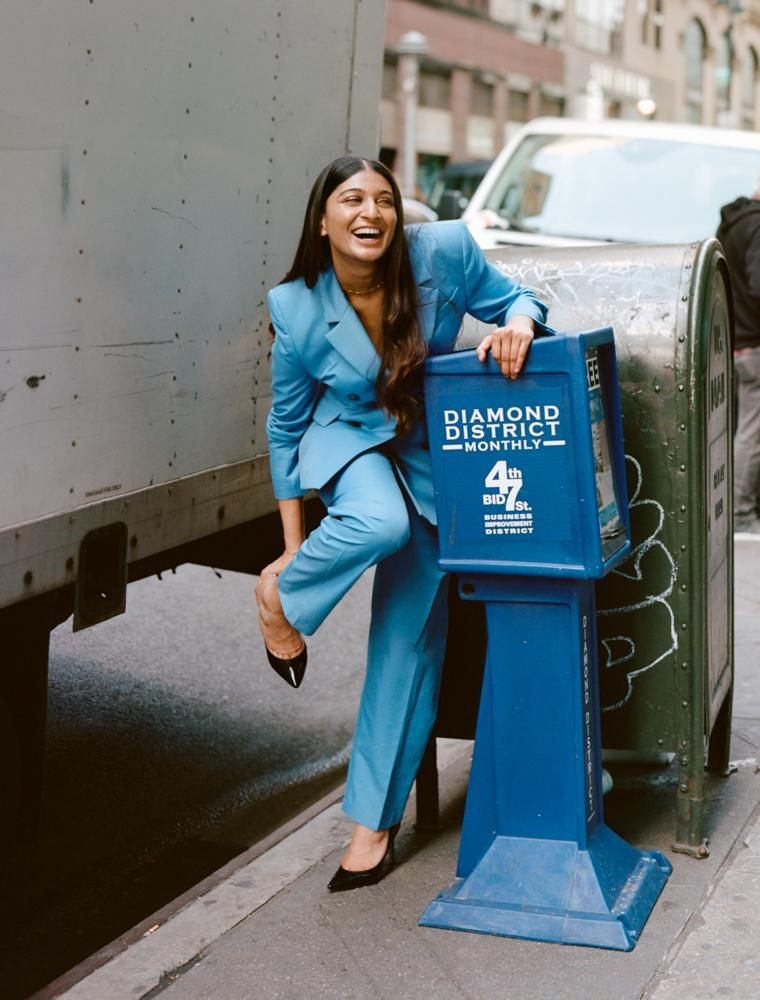
Since Yarlagadda launched Shiffon in 2017, her stunning jewelry pieces have been seen on celebrities such as Nicole Kidman, Michelle Obama, Serena Williams, and Meghan Markle, who wore the brand's signature Duet Pinky Ring on her TIME cover. Shiffon has also helped fund 11 female-founded companies while providing mentorship to ensure their success. Yarlagadda was also included in Forbes's 30 Under 30 list in 2020.
In the latest episode of Who What Wear With Hillary Kerr, Yarlagadda shares what it really means to be ethical in the diamond business as well as the wild stories behind the beginnings of Shiffon's famous pinky ring. Keep scrolling for a sneak peek of the conversation, and tune in to hear more.
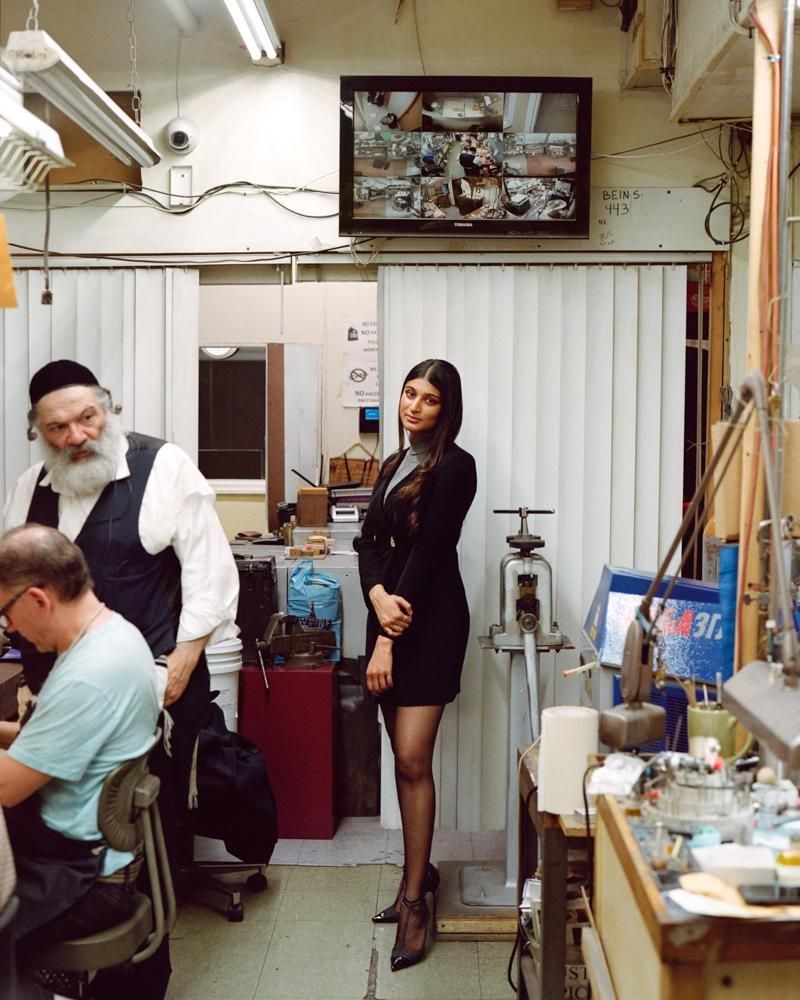
Can you talk about what it really means to be ethical in this industry? I feel like that word is thrown around a lot, but it isn't always accompanied by true visibility into the process.
I feel really lucky that Meredith Koop and Sarah Slutsky take such a passion in this and for the jewelry that they pick for their clients. It's always been something that mattered to me even before I created any pieces. But it's something that, as you continue to have more success, you have a lot more control over—asking the right questions and getting to the source. I think fine jewelry more so than even textiles and fashion is a bit more underground and mysterious, and they like to keep it that way. But I think there's definitely a range. It's something as simple as how you pick your gold, making sure your diamonds are certified, and following the Kimberley Process. These are very simple things that could be done. The Kimberley Process actually makes sure that the diamonds are not blood diamonds.
What is the Kimberley Process?
The Kimberley Process is a certification that people are able to give to make sure that your diamonds are ethically sourced. That was really put in place after everything that happened with blood diamonds. What's so interesting is that ever since that movie about blood diamonds, so many people are worried about it, and it was definitely a very real thing. But it was something that I learned actually impacts larger-size gemstones a lot more than smaller ones. So for our pinky rings that have really tiny diamonds, usually for that small of a stone, those are not the ones that are going through ethical issues to the same degree.
There's a lot of greenwashing that also happens in the industry, where, even for things that really aren't unethical sometimes, people just put extra labels on it to be like, "This is good." And the consumer then thinks it's better even when there wasn't really a problem to begin with.
But also, I'm very excited because, with diamonds, I really wanted to understand exactly where they're being sourced from and who we are supporting through the supply chain. … I had been speaking to some diamond mines in the recent months, and the average diamond, especially for larger-size stones over a carat, will change hands over 20 times from start to end.
I'm actually going to be going to Botswana to visit this female-founded diamond mine, the Karowe Mine. They've discovered the third-largest diamond rough in the world as well as the second of that quality of that size. And it's just truly amazing. The land that they're on sits on about several billion dollars worth of diamonds. Especially with all of the talk with lab grown and natural, I really wanted to figure out who I was supporting through the supply chain. And I really wanted to make sure we were economically empowering women. I know that developing countries still rely so much on natural diamonds for their economy to grow, and knowing that it changes hands that many times, I really wanted to understand that story before we could really make any decision on whether we want to work with natural or lab grown. And from a lot of the research I've been doing in the last few months and going to visit these mines, I'm actually really realizing the power of the supply chain of diamonds for women.
Let's talk about the first design, the Duet Pinky Ring, which represents a "pinky promise" of one woman supporting other women. It has been so massively successful, worn by incredible women like Meghan Markle, who wore it on her cover of Time. Did you have any idea this one piece would be such a hit, or were you surprised by it?
I definitely knew very little about how products could work in the world and the power of these influential women wearing it when I first started it, but it just was something that I personally loved and my friends personally loved. I think I did have an intuition that it would do really well because, when I was walking the day after we made the sample in Central Park, somebody just bought it off my finger. It was honestly a crazy story. I've never had this happen for any of my prototypes, except for this ring. We made seven later on, and we gave one to one of our interns at the time, and she told us that she hailed a cab, and somebody bought it off of her too. I think, at that moment in time in 2017, pinky rings were becoming cool, and the spiral design is very flattering on the fingers. The funniest thing was when I was explaining the story about how these things happened while I was in an Uber, and then my Uber driver wanted to buy one. And I came back and told the team, and they were like, "This is a cool ring."
People really understand the story because I can explain it in a sentence—that it's a pinky promise and it's adjustable. Most people who are sending gifts don't know people's ring sizes. So I think the fact you could mold it to be your own was really great. I told this to Sarah [Slutsky], and then we just really worked on the exact thickness of it and the two diamonds, which was actually an element that was added after we came up with the idea of spiraling women upwards. And then Sarah was styling Emma Watson for an event, and she wore it for the press tour for The Circle. And that was an exciting moment for me because I really admired everything Emma has done with HeForShe but also when it comes to brands and jewelry and fashion and making sure you're making conscious choices.
This interview has been edited and condensed for clarity. Next up, check out our previous episode featuring our editors and the spring trends they're investing in.
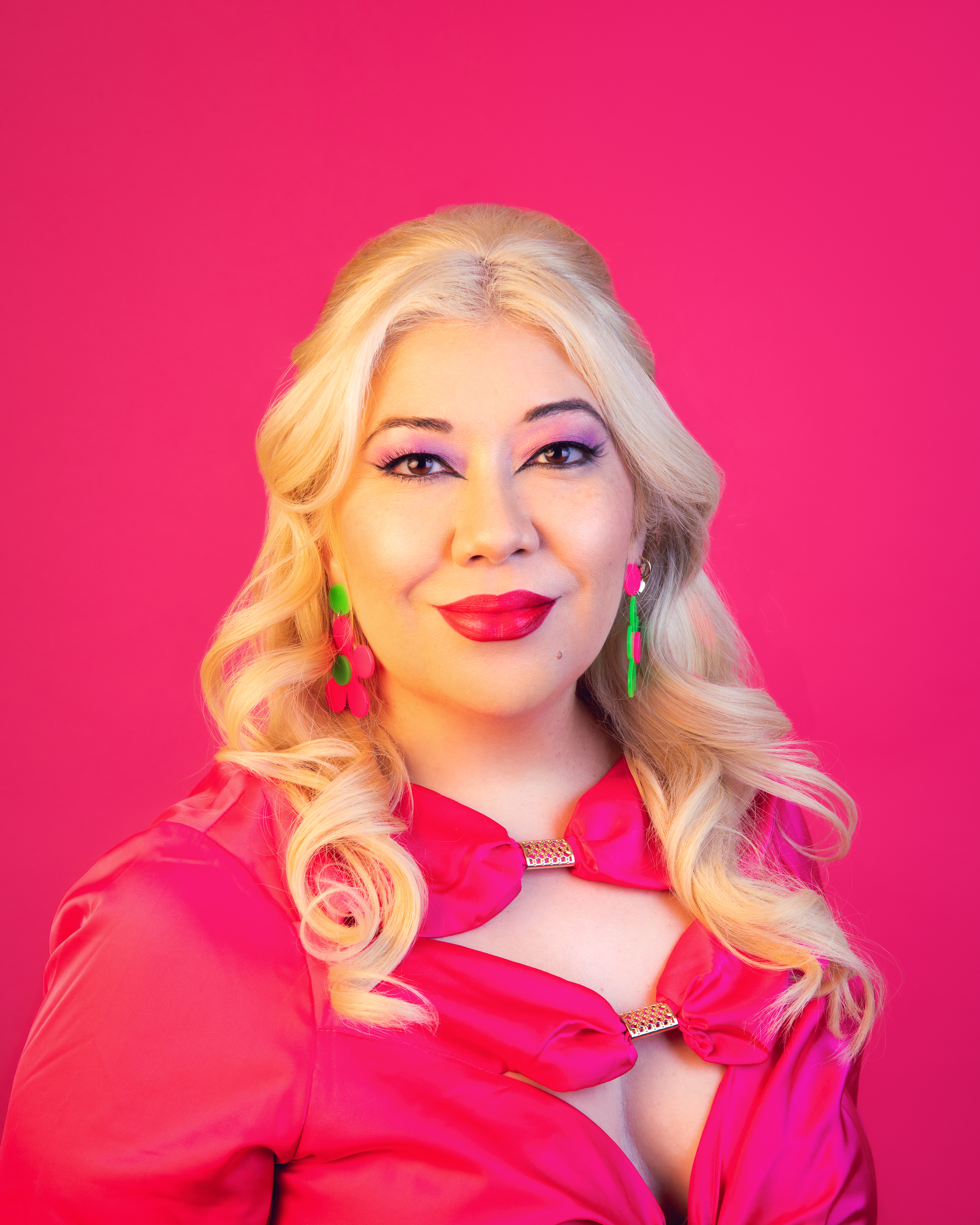
Marie has covered beauty, fashion, and lifestyle for almost 16 years. She contributes to the beauty section here at Who What Wear. Previously, she was the Looks Editor for Bust Magazine, built the beauty vertical at HelloGiggles as its beauty editor, and was a founding staff writer at Rookie mag, giving fashion advice to teens. Her bylines have appeared in The Cut, Allure, Glamour, The Hollywood Reporter, and more. She was born and raised in Southern California and is based in L.A. Marie is a self-proclaimed costume design nerd and a co-host of Makeover Montage, a podcast about fashion in film and costume design.
-
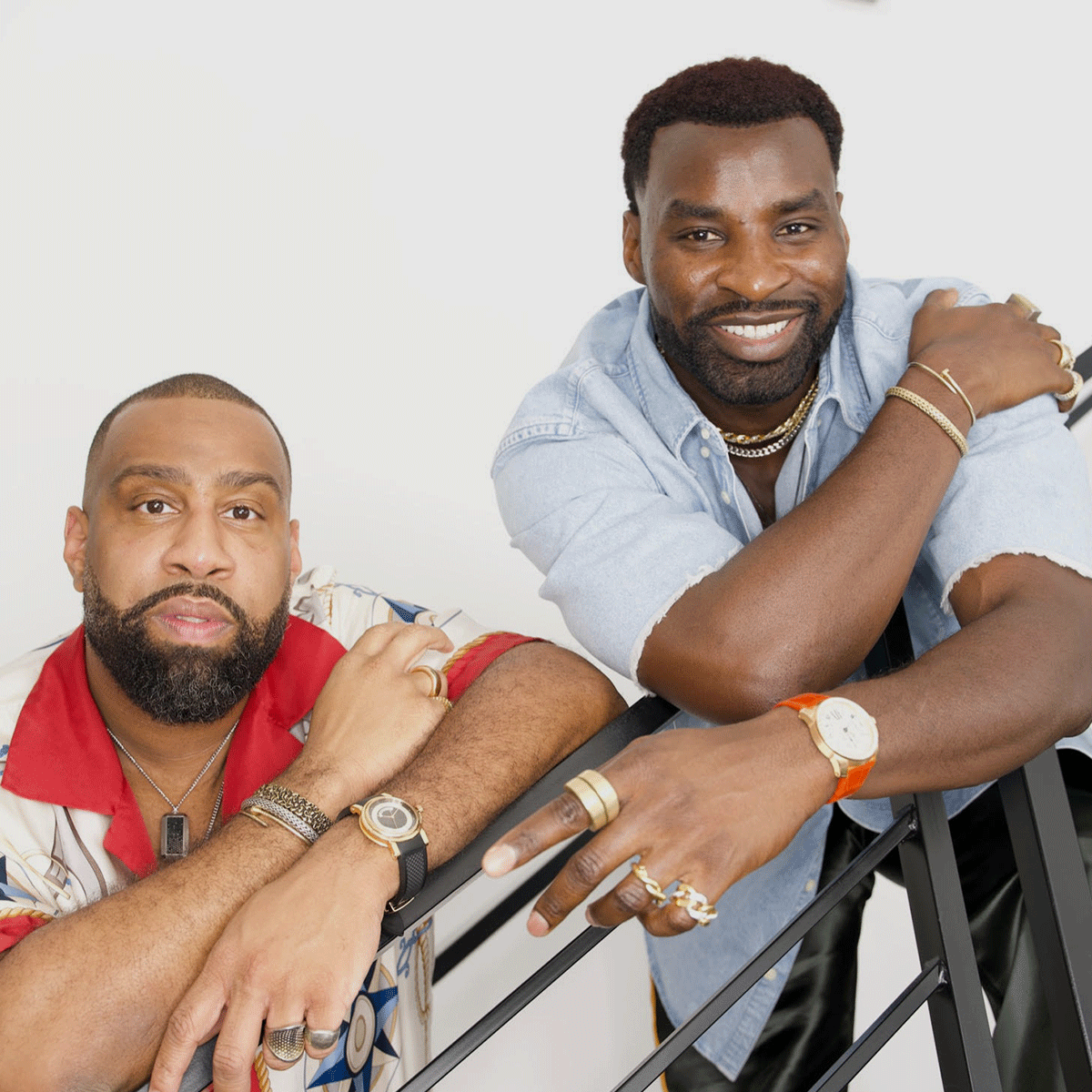 This Just In: Celebrity Stylists Wayman + Micah Spill Their Favorite Finds From eBay
This Just In: Celebrity Stylists Wayman + Micah Spill Their Favorite Finds From eBayI'd grab these quickly if I were you.
-
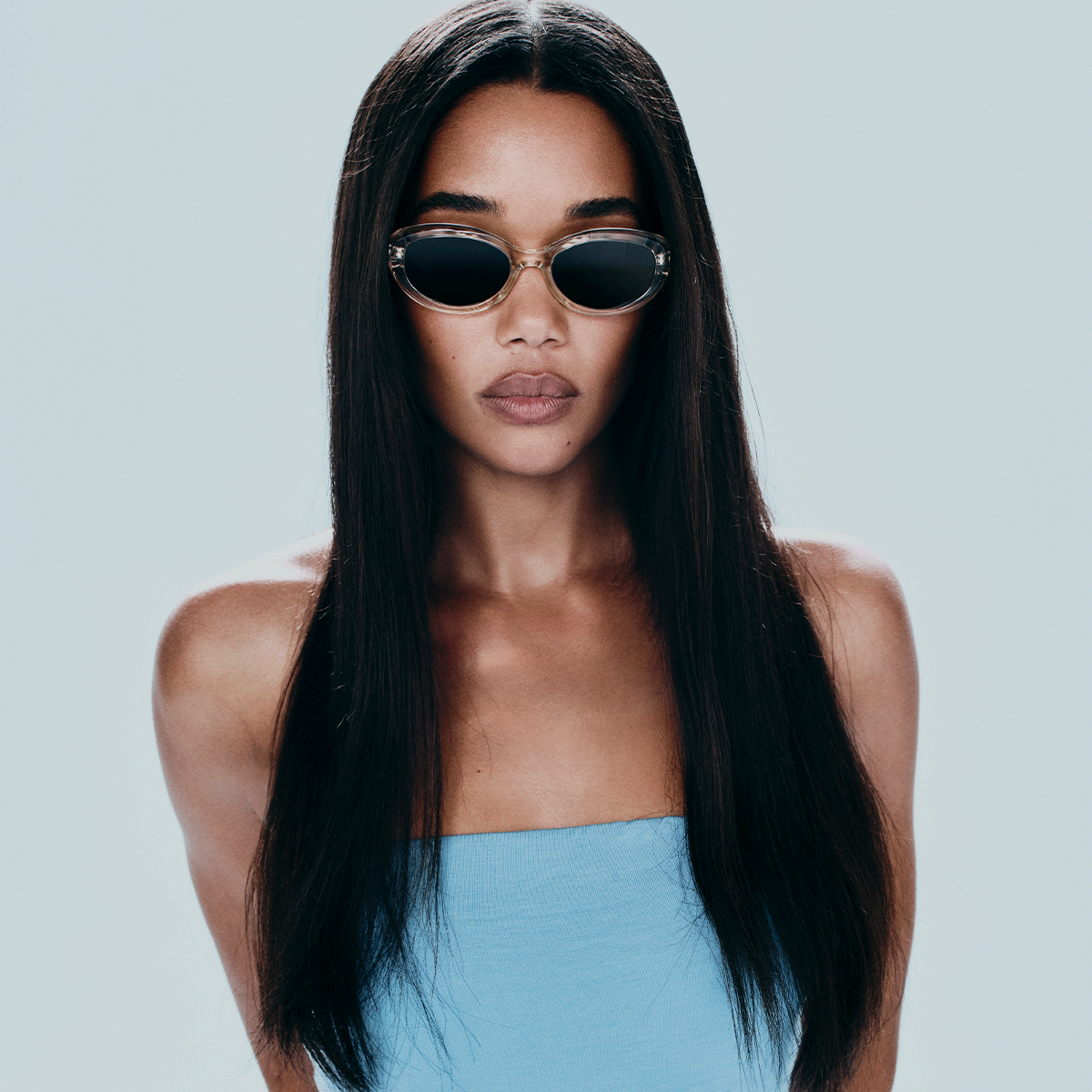 Everything We Tried and Loved From Laura Harrier's Reformation Collab
Everything We Tried and Loved From Laura Harrier's Reformation CollabPlus, listen to Harrier on The Who What Wear Podcast.
-
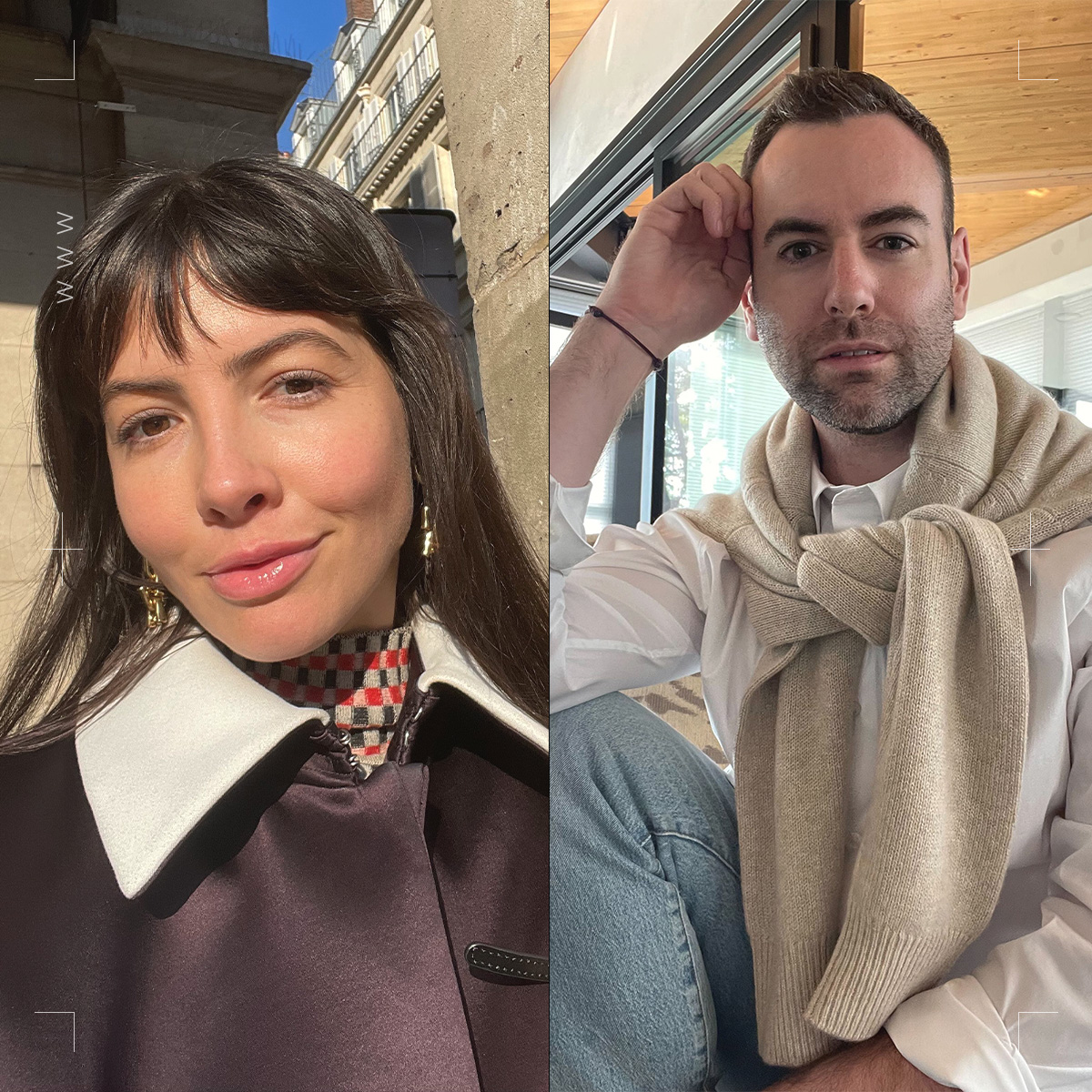 Our Editors Share the 2024 Met Gala Moments That Captured Their Attention
Our Editors Share the 2024 Met Gala Moments That Captured Their AttentionJaws dropped.
-
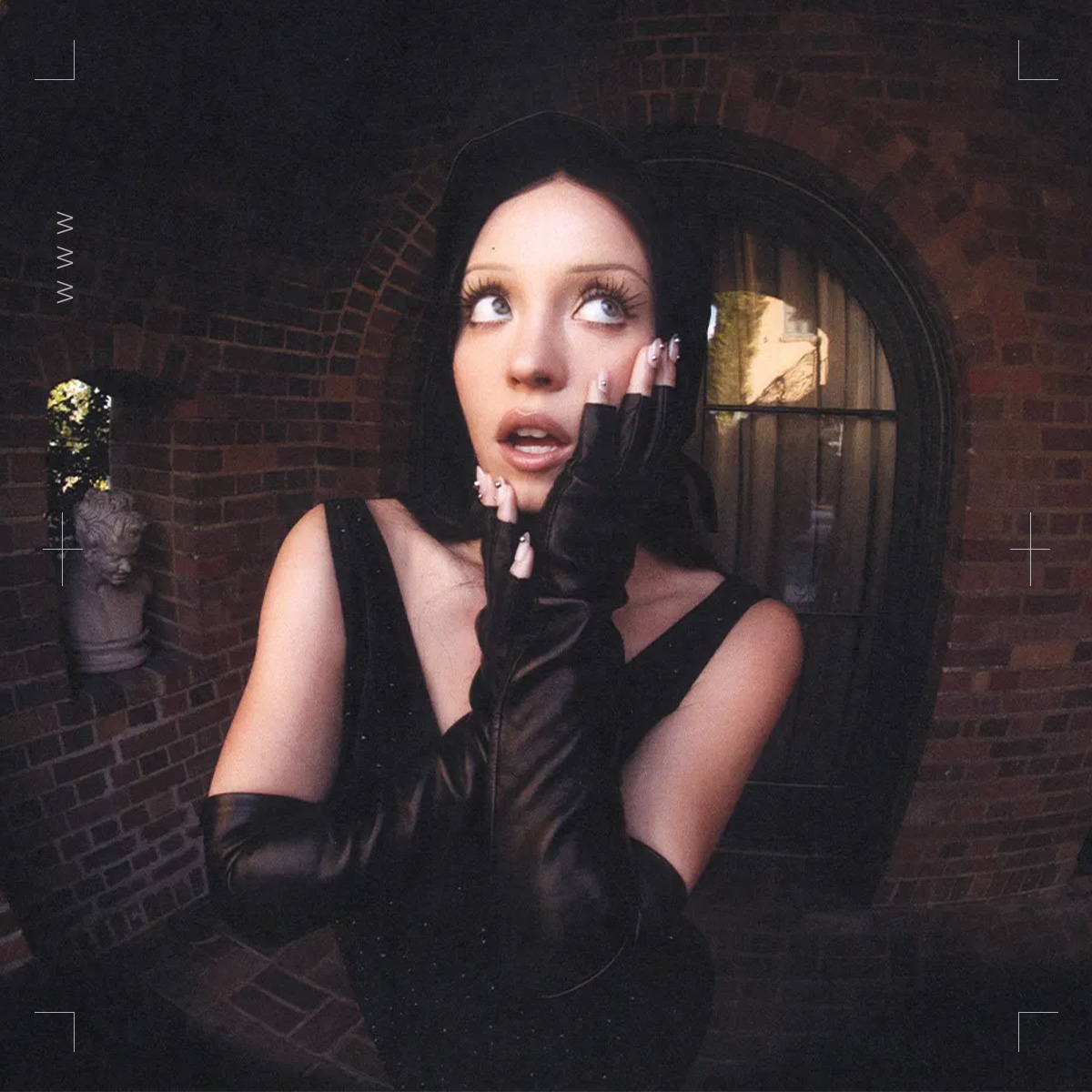 Tight Spaces, Overhead Lighting, and Everything Else That Scares Sydney Sweeney
Tight Spaces, Overhead Lighting, and Everything Else That Scares Sydney SweeneySee her new horror film, Immaculate, in theaters now.
-
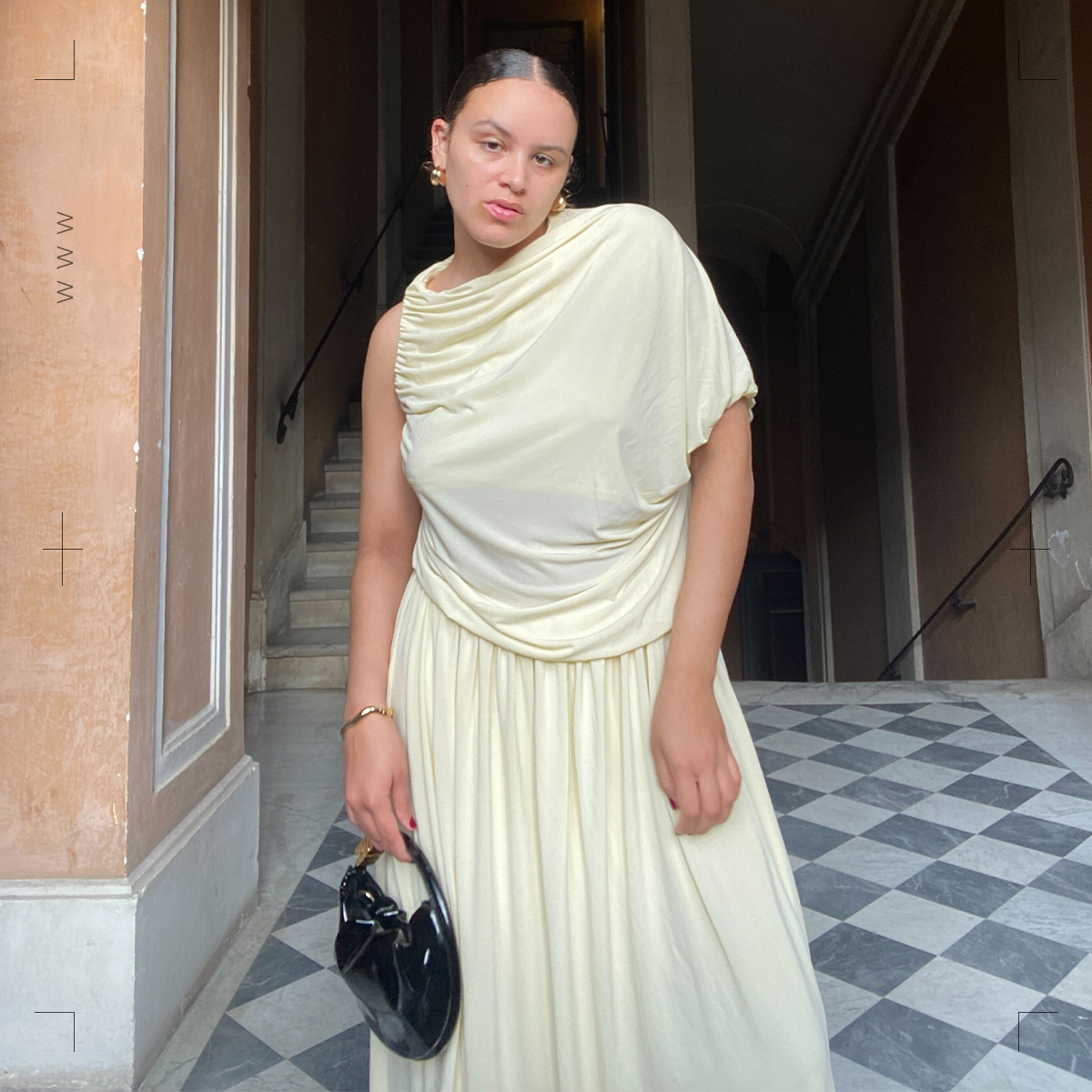 The Top Trends From NYFW, According to Our Editors
The Top Trends From NYFW, According to Our EditorsGet ready to suit up in the office this fall.
-
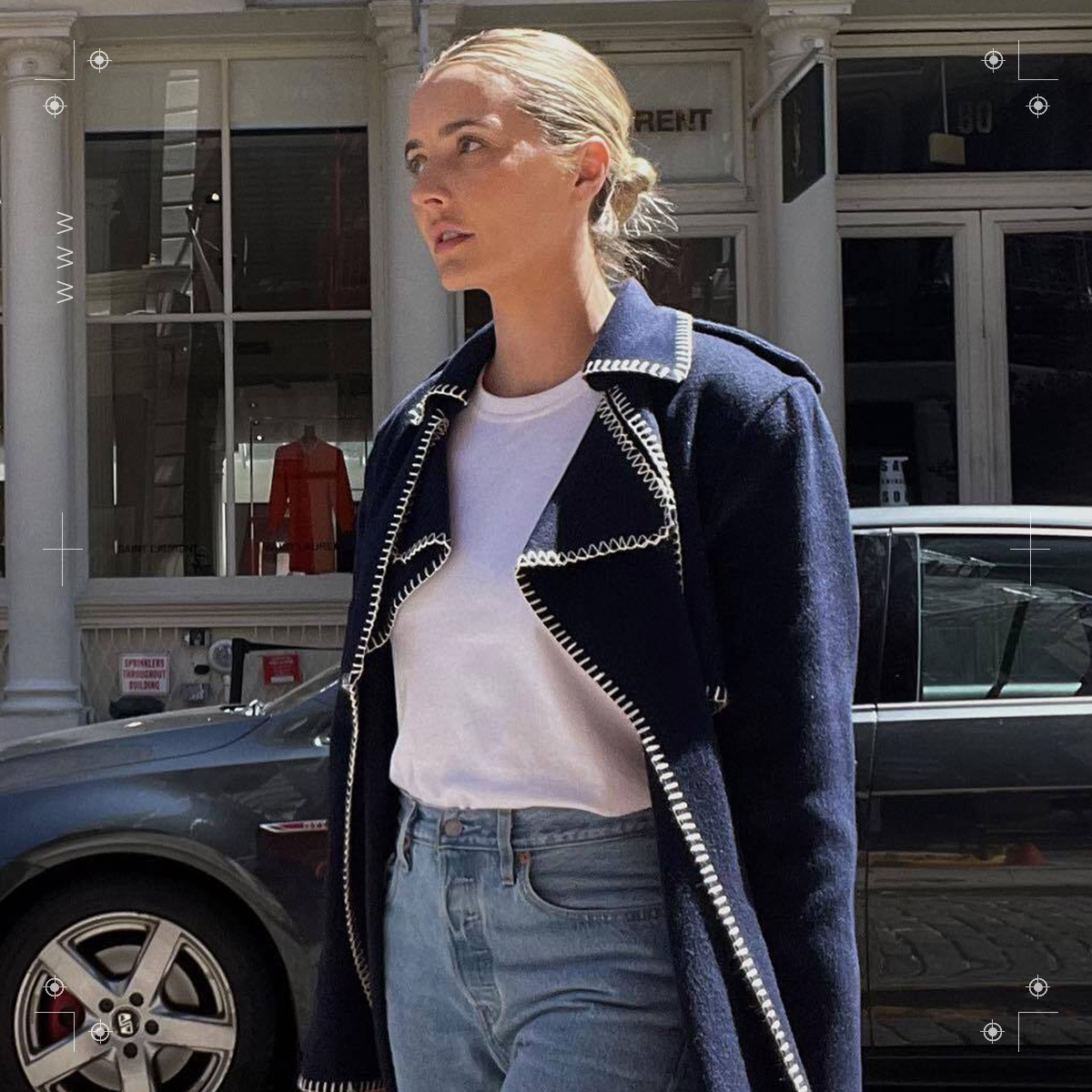 Here Are the Most Popular Luxury Trends and Items in 2023
Here Are the Most Popular Luxury Trends and Items in 2023Enter quiet luxury.
-
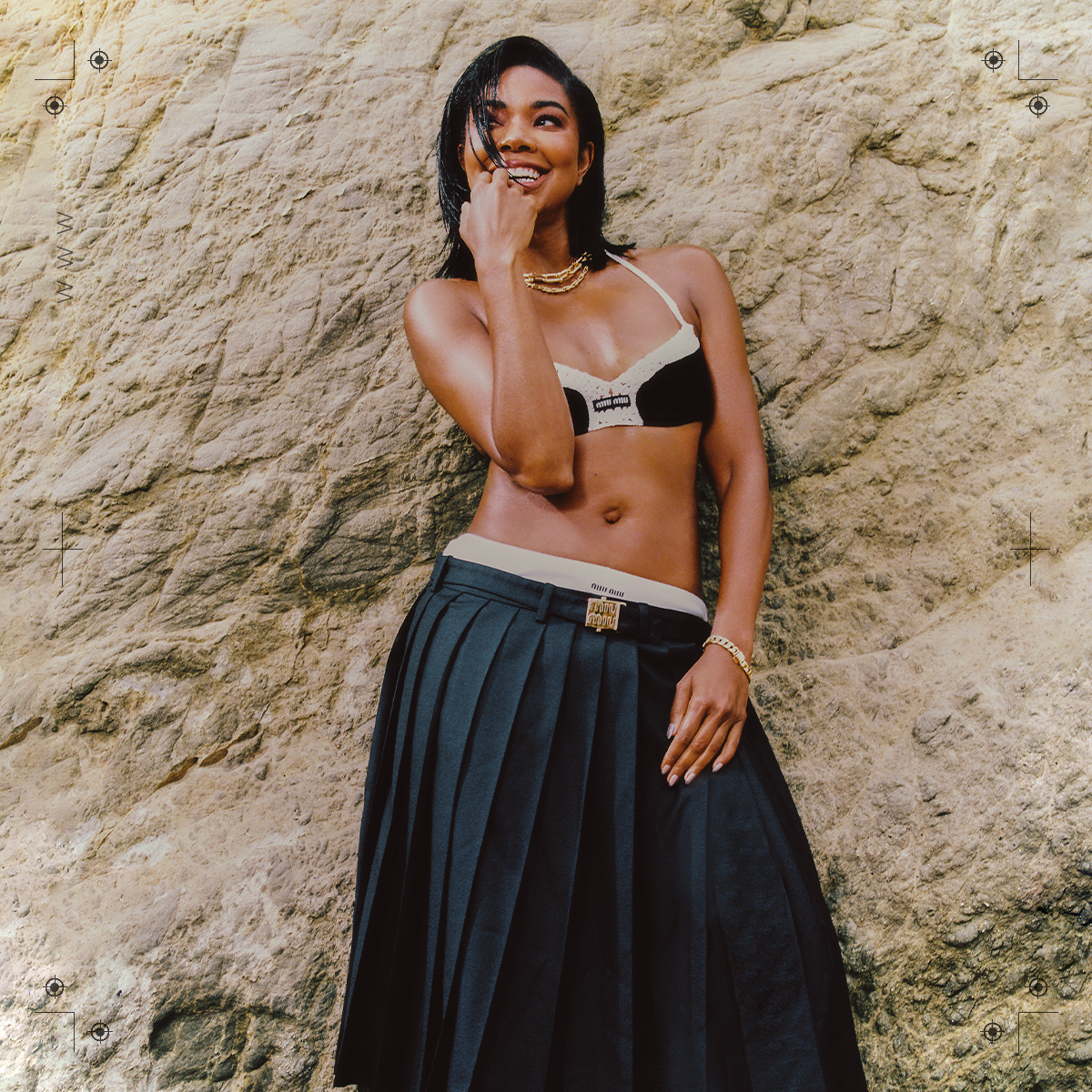 Gabrielle Union Is Defining Success on Her Own Terms
Gabrielle Union Is Defining Success on Her Own Terms"I'm not trying to break the bank with Hollywood," she tells WWW.
-
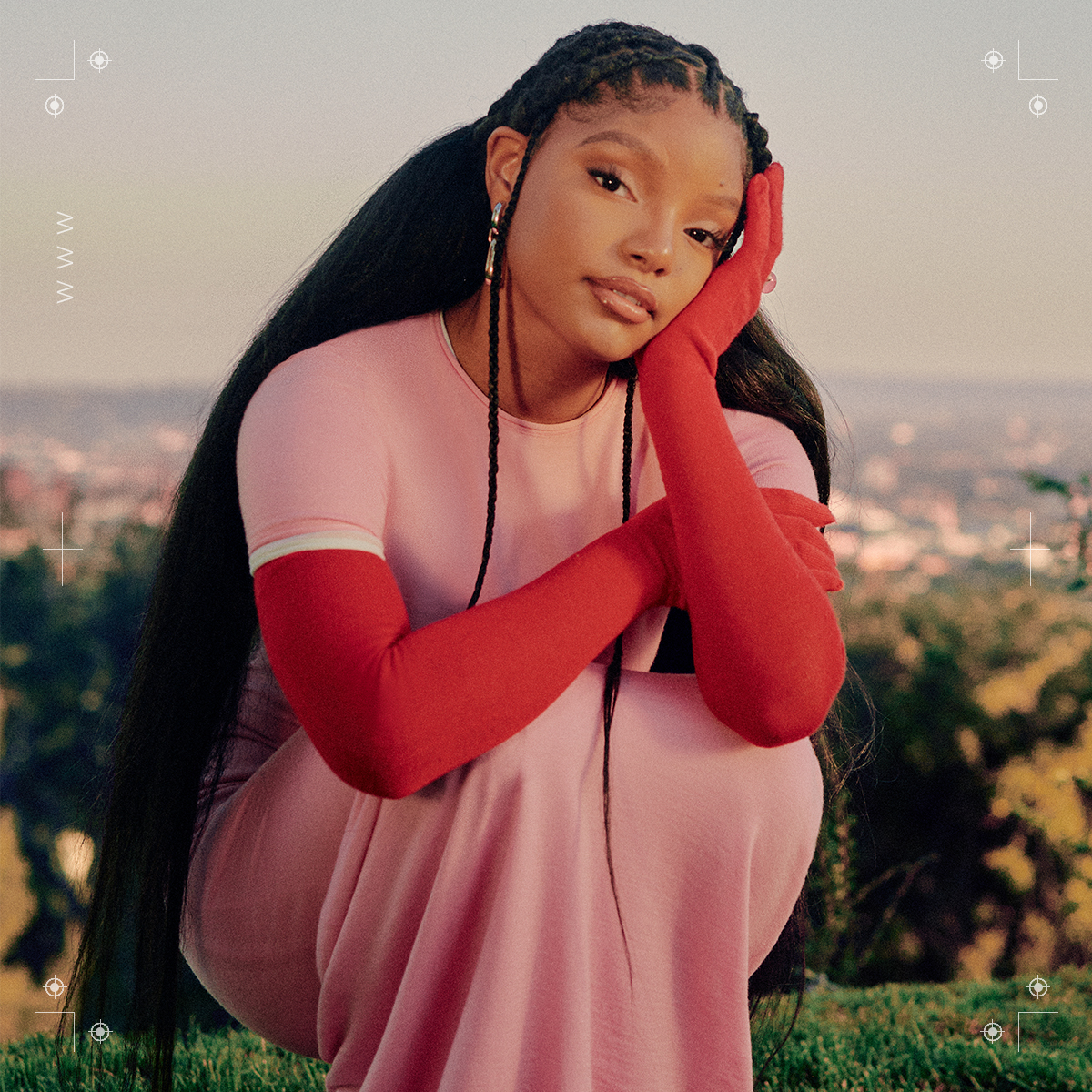 Halle Bailey Is Making a Big Splash
Halle Bailey Is Making a Big SplashNo dinglehoppers required.
